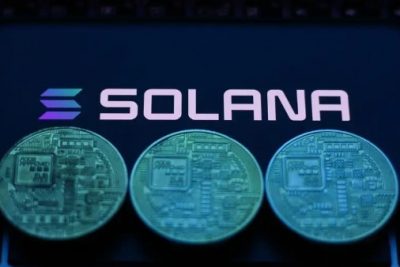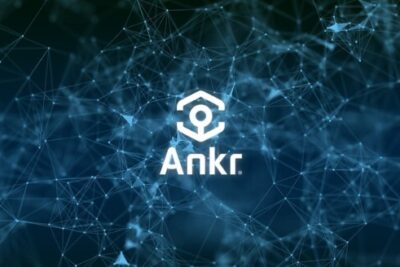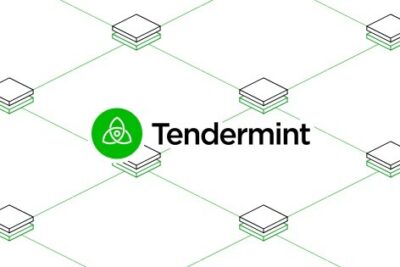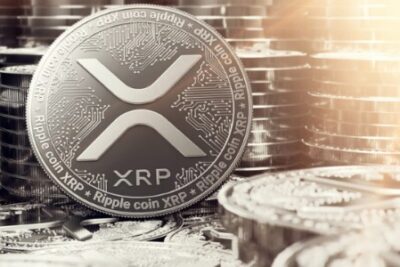

What Is Ethereum? The World’s Second-Largest Cryptocurrency
25 March 2022
Many individuals throughout the world, particularly those with an interest in technology, have been intrigued by the advent of various cryptocurrencies, and Ethereum is one that has really begun to gather pace. But what is Ethereum actually?
When Bitcoin was introduced in 2009, it captured the curiosity of many individuals. One of those was Vitalik Buterin, a programmer who eventually co-founded Ethereum, with its crowdfunding done in 2014.
The second most popular cryptocurrency after Bitcoin is Ethereum. But unlike Bitcoin and almost all other cryptocurrencies, Ethereum is meant to be much more than merely a medium of trade or a store of wealth. A decentralized computer network based on blockchain technology, that’s what Ethereum calls itself. When you use Ethereum as part of the Bitcoin network, you receive ether tokens, which are equivalent to Bitcoins.
The purpose of either is to design and deploy applications that are decentralized, with the underlying code being deployed in a peer-to-peer network. Through this essay, bePAY takes a deep look at what is Ethereum, its use cases, and how to acquire it.
What Is Ethereum?
What is Ethereum? Ethereum is a decentralized blockchain-based software platform that supports smart contracts. Ether, the second-largest cryptocurrency in the world, is largely supported by the open-source Ethereum platform. Smart contracts and apps created on Ethereum’s blockchain may operate without interruption, fraud, control, or third-party intervention thanks to Ethereum.
In addition to being a cryptocurrency, Ethereum is a programming language for building decentralized apps. On the other hand, Microsoft and ConsenSys are working together to provide an easy-to-use cloud-based Ethereum Blockchain as a Service platform for blockchain developers and business clients alike.
A year later, in 2016, the Ethereum network split into two separate blockchains: Ethereum, and Ethereum Classic. This happened as a result of a hack that occurred earlier in the year and resulted in the theft of $50 million in Ether. Using a weakness in a third-party project, the hacker gained access to the victim’s DOA (a smart contract set originating from the Ethereum platform).
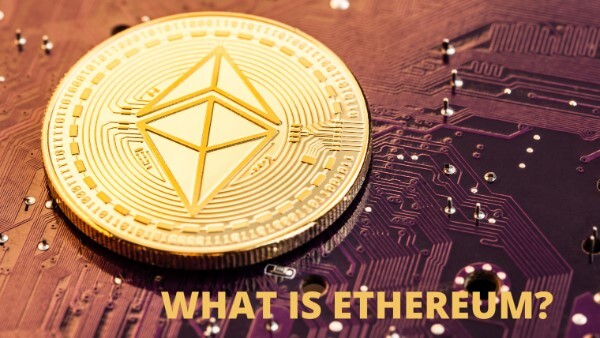
Ethereum explanation
By September of this year, Ethereum has already overtaken Bitcoin as the market’s second most valuable digital currency. An important goal of Ethereum is to change how apps are used on the internet today. Increasingly, we rely on third-party intermediaries to accomplish our online goals.
In turn, third-party servers host critical data, such as the financial information of various apps’ users. This means that the data is in the hands of other parties, and they can do anything they want with it without the user’s permission. In addition, it’s vulnerable to hacker assaults.
How Does Ethereum Work?
Using smart contracts instead of regular contracts is how Ethereum works. It is impossible for a third party to exert control over Ethereum. Controlled by codes instead. Ethereum’s proper operation relies on a number of components working together.
Smart Contract
With Ethereum’s reliance on smart contracts, the entire purpose of the platform is that it is decentralized and can only be managed by its users. When specific criteria are satisfied, a smart contract is automatically executed without the assistance of any other entity. Any coin has smart contracts built-in. It is important to note that these tokens are not limited to Ethereum and may be utilized in other contexts.

Ethereum smart contract
Unlike Ethereum, which has a wider range of uses, Bitcoin’s smart contracts can only be used for simple transactions. Smart contracts have been attacked by certain developers and security researchers who fear that they would introduce new security flaws.
Ethereum Blockchain
There is a record of every smart contract that has been performed on the Ethereum blockchain. A copy of the full blockchain is stored on hundreds of nodes throughout the globe. The rules of a smart contract are checked by thousands of computers every time it is performed to guarantee that they were followed.
Non-transactional data is also stored in the nodes. Accounts, smart contract code, and smart contract state are all included in the functionality of a node. Since all of the nodes are linked, a transaction can be verified across them using the same set of rules.
The Ethereum Virtual Machine (EVM)
It is responsible for executing the smart contracts on the Ethereum network. Smart contracts can be written in a language computer can’t understand, but this tool aids in the translation. At the very least, the EVM is capable of running 140 distinct programs, each with its own set of instructions.
Ether
Ethereum’s native currency is called Ether. Accounts are used to store Ether, and there are two sorts. Ether is kept and sent by users using externally owned accounts, while smart contracts are kept in accounts designated as “contracts.”
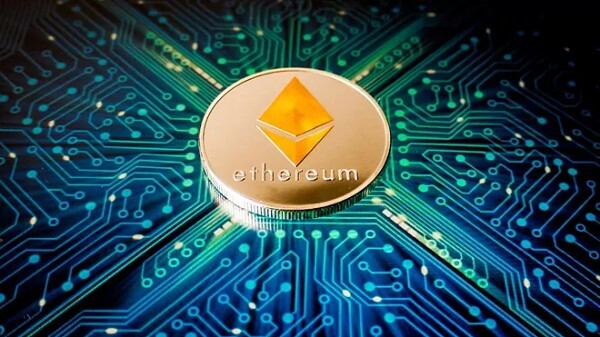
Ether
When a block of a transaction is formed, miners generate values in an effort to achieve the proper block value. After finding the hash value, the miner sends a message to the other nodes to validate it. If the hash is confirmed, the miner will get the Ether it had unlocked when it discovered it. Proof of stake, a new algorithm that is expected to require less processing power and electricity than Proof of work, is in the works.
What Is The Ethereum Used For?
The Ethereum blockchain’s high level of security and transparency is one of the reasons developers use it to construct a variety of goods and apps. In comparison to other cryptocurrencies on the market, Ethereum continues to be one of the most widely used. Below are some main uses cases of Ethereum:
Decentralized Finance (DeFi)
DeFi is a blockchain-based network of financial apps. As an open and programmable system, it is distinct from existing financial networks in that it allows developers to create a new payment, investment/lending, and trading models. Customers may quickly and simply construct safe decentralized financial apps utilizing smart contracts and distributed platforms.
A few examples of what DeFi firms are currently doing include lending and borrowing amongst peers, earning interest on cryptocurrency holdings, trading on decentralized exchanges, and more. Aave, UniSwap, and MakerDAO are some of the most popular DeFi platforms.
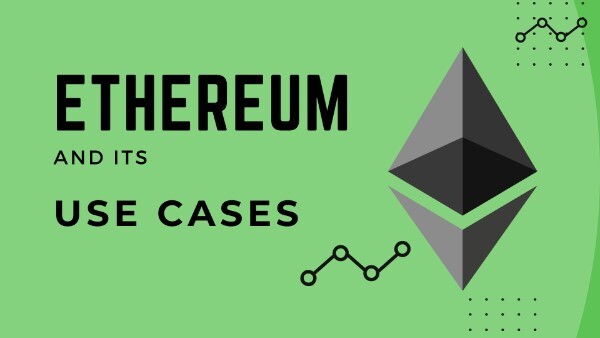
Ethereum use cases
Non-Fungible Token (NFTs)
In order to confirm the authenticity of rare digital and physical goods, NFTs can be used as unique and indivisible digital tokens. If an artist wants to tokenize their work and assure that it is unique, they can do it with NFT. The blockchain network records and maintains ownership information. Because NFTs allow for interoperability between game platforms, they are rising in favor of the gaming sector as well.
NFT-backed digital cat figurines were made available to clients through CryptoKitties, the first NFT initiative on Ethereum. An NFT (Non-Fictional Token) is a virtual currency used by players in Gods Unchained to purchase in-game things. Companies increasingly employ NFTs to tokenize assets and offer users asset lineage information that cannot be tampered with.
>> Read also: What are NFTs and why it becomes the most powerful explosion trend?
How To Buy Ethereum?
Ethereum may be purchased in a variety of ways.
- CEX
The most common method of purchasing cryptocurrency is through an online exchange site. It entails the use of a platform that charges a fee for each transaction. Fiat cash (such as dollars, euros, or British pounds) can be used to purchase.
Ether on these exchanges through bank transfer or debit or credit card. A user’s identification must be verified before any transactions can be completed on the platform because of the Know Your Customer (KYC) rules. Coinbase is an example of a platform like this.
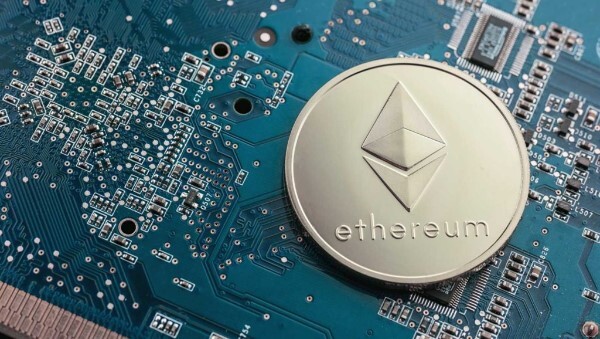
Where to buy Ethereum?
- Trading platform
A trading platform is a service that connects buyers and sellers via an intermediary and allows them to trade one cryptocurrency for another.
- P2P
Using this strategy, the buyer communicates with the seller directly to work out an agreement on pricing. There isn’t a middleman, and no money is exchanged hands. There are regular Ethereum gatherings in Toronto and New York City. LocalCryptos, for example, connects those who wish to exchange Ether peer-to-peer.
Ethereum Vs Bitcoin Which One Is Better?
Meanwhile Ethereum vs Bitcoin which one is better? Still the unresolved questions. These are some main differences between them
Cryptocurrency and a store of value are the major uses of Bitcoin. There are, however, certain restrictions to Bitcoin. Ethereum, the second most popular cryptocurrency, aspires to grow beyond its current scope. As a digital currency, the former does its job quite well. In addition to being a cryptocurrency and a store of value, Ether may also be used to develop and execute apps, smart contracts, and other transactions on the Ethereum decentralized network.
These features aren’t available with Bitcoin. It serves solely as a medium of exchange and a repository for wealth. There are others who feel it’s a gold-like store of value since it is a PoW network that is having difficulty growing. This is further supported by the fact that Bitcoin has a limit of 21 million coins.
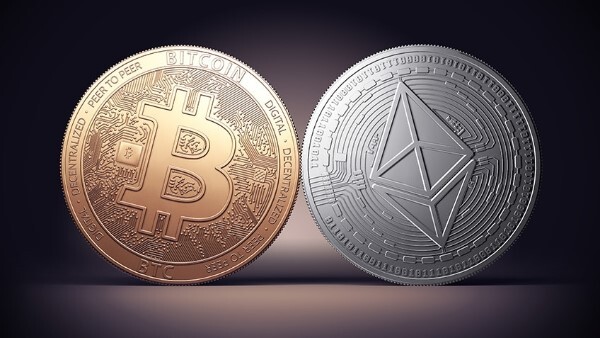
Bitcoin vs Ethereum
Our present internet infrastructure will be overtaken by Ethereum. It intends to automate numerous activities that now need middlemen, such as accessing an app store or communicating with fund managers. Though ETH may also be used to transmit money, it’s more commonly utilized as a means of interacting with the network.
Developers may use Ethereum to generate ERC-20 tokens, which are Ether-compatible tokens specific to each DApp. Despite the fact that the procedure isn’t flawless, this implies that any Ethereum-based tokens may theoretically communicate with one other. The Bitcoin network is only for Bitcoin’s benefit.
In addition, Ethereum is able to process transactions faster. New blocks are validated on the Bitcoin network once every 10 minutes whereas new blocks are validated on the Ethereum network once every 12 seconds. Ethereum transactions might speed up considerably faster in the future with new technology.
>> You may also like: Exploring ERC-20 tokens the most famous token on the Ethereum blockchain
Some FAQs About Ethereum
How To Buy Ethereum?
Ether may be purchased and sold on any number of different cryptocurrency trading sites. Coinbase, Kraken, Gemini, and Binance, as well as brokerages such as Robinhood, support Ethereum.
What Is The Business Model For Ethereum?
To put it simply, Ethereum is not a company that produces money. Participants in the Ethereum network, such as miners and validators, receive ETH as a reward for their efforts.

What is Ethereum mining?
Is Ethereum A Form Of Cryptocurrency?
For the Ethereum platform, Ether (ETH) is the native currency and is used to buy and sell tokens. Decentralized apps (dApps), also including cryptocurrency, may be built on top of Ethereum’s blockchain technology. The ETH coin is usually referred to as Ethereum, although the distinction remains that Ethereum is a blockchain-powered platform and ether is its money.
What Is Ethereum Mining?
Miners create a new transaction block for inclusion in the Ethereum blockchain via mining. Proof of work (PoW) is the consensus method presently used by Ethereum vs Bitcoin. Proof of work relies on mining. Computers running software are used to conduct transactions and create blocks on the Ethereum network.
Sum It Up
Many decentralized financial projects and NFTs have been built on Ethereum’s blockchain in the last few months, which has witnessed an uptick in popularity. Advocators say that Ethereum’s network effect is already being seen, as new apps like these among the first to operate on the public blockchain are attracting a growing number of developers as a result of increased activity.
It remains to be seen if the complex collection of technological changes that are behind schedule for Ethereum can compete with more agile competitors, and if any consensus on its long-term role will emerge as the crypto world evolves.
Ethereum’s long-term significance to the cryptocurrency markets may be headed for a turnaround, with Bitcoin regaining uncontested control.

What Is Bitcoin Cash In Comparison With Bitcoin?
10 June 2022

